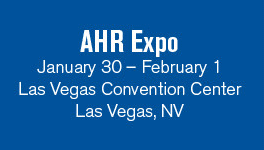Monday, January 30, 2017: 9:45 AM-10:45 AM
Building Operation and Performance
Chair:
Charles Eley, P.E., Eley Consulting
ASHRAE and many other societies and governmental organizations have adopted the Architecture 2030 challenge which calls for new buildings to be zero net-energy (ZNE) by the year 2030. This seminar addresses the technical feasibility of meeting this challenge based on recent analysis, including ASHRAE research on the maximum technical potential for achieving low energy buildings (RP-1651), and the on-site renewable energy production potential for typical climates. Data from measured energy performance (utility bills) of recently constructed ZNE buildings will then be compared to the theoretical targets, and the areas of agreement as well as the gaps will be explored.
1 ZNE Feasibility and Issues By Building Type and Climate
This presentation addresses the technical feasibility of meeting the Architecture 2030 challenge based on recent analysis, including ASHRAE research on the maximum technical potential for achieving low energy buildings (RP-1651), and the on-site renewable energy production potential for typical climates. ASHRAE and many other societies and governmental organizations have adopted the Architecture 2030 challenge which calls for new buildings to be zero net-energy (ZNE) by the year 2030. This seminar addresses the technical feasibility of meeting this challenge based on
2 Comparing Outcomes to Modeling Results
This presentation compares data from measured energy performance (utility bills) of recently constructed ZNE buildings to the targets determined through modeling. Areas of agreement as well as the gaps will be explored.





